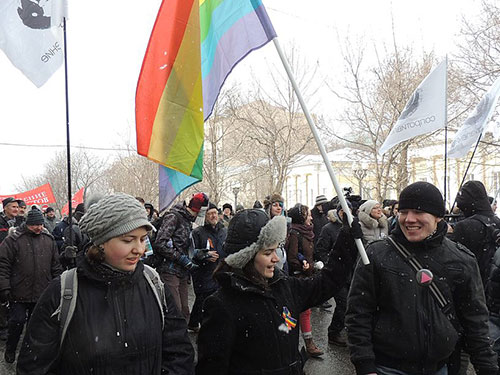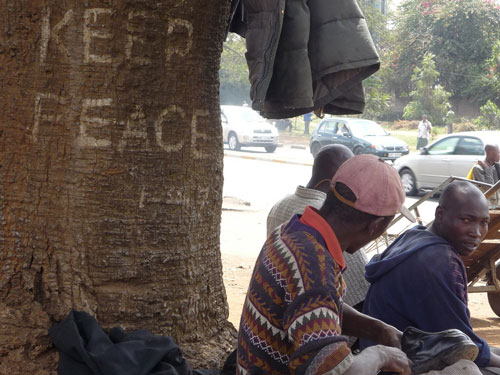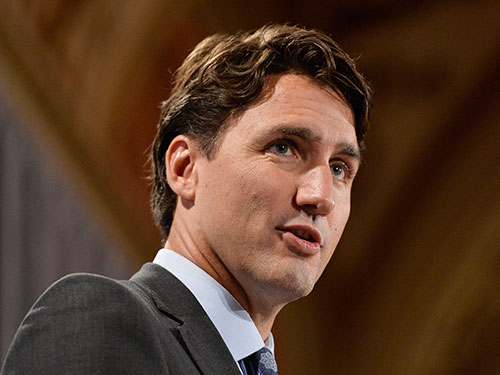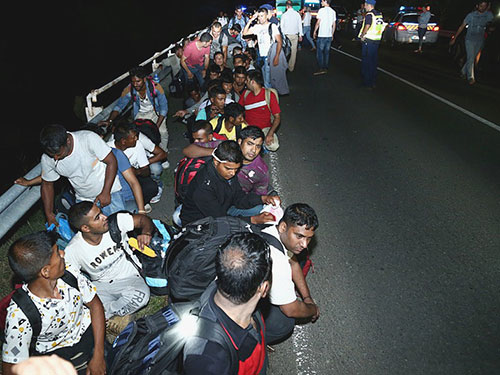
This article was originally published by Radio Free Europe/Radio Liberty on 12 November, 2015.
The number of new U.S. asylum applications by Russians has reached its highest level in more than two decades, a surge that immigration lawyers link to the Kremlin’s tightening grip on politics, pervasive corruption, and discrimination and violence against sexual minorities.
Russian nationals filed 1,454 new asylum applications in the 2015 fiscal year ending September 30, up 50 percent from the previous year and more than double the number filed in 2012, when President Vladimir Putin returned to the Kremlin after a four-year stint as prime minister, according to U.S. Department of Homeland Security data obtained by RFE/RL under the Freedom Of Information Act.




